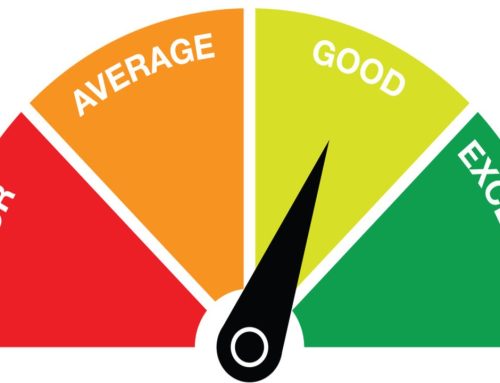
The Attorney-General, Robert McLelland introduced the The Cybercrime Legislation Amendment Bill 2011 into the House of Representatives, which lays down the laws which will include Australia in what is the only binding international treaty on cybercrime.
Two criminal Acts (the Mutual Assistance in Criminal Matters Act 1987 and the Criminal Code Act 1995) and two telecommunications Acts (the Telecommunications (Interception and Access) Act 1979 and the Telecommunications Act 1997) will be amended, to allow Australia to comply with the treaty.
Australia will be joining the Council of Europe Convention on Cybercrime, of which more than 40 nations have already signed or become a party to the Convention, including the USA, UK, Canada, Japan and South Africa.
The Convention allows countries to co-operate in investigations to deal with international crimes committed on computer networks, such as online fraud or child pornography offences.
The Bill will also give Australian police greater powers to force internet service providers to retain data of customers who are suspected to have committed a cybercrime while the matter is being investigated.
“The increasing cyber threat means that no nation alone can effectively overcome this problem and international cooperation is essential,” Mr McLelland says.
The speed of the changes follows a wave of recent cyber-attacks on networks around the globe.
“In the last six months alone, Australia’s Computer Emergency Response Team has alerted Australian business to more than a quarter of a million pieces of stolen information such as passwords and account details, allowing them to rectify and protect against potential attacks,” Mr McLelland says.
Other noteworthy cyber-attacks which have occurred just over the last few months include attacks on Sony, Dell Computers, the CIA, and the Australian Government.
What affect will these changes have on the frequency of identity theft in this country, and consequently the instances our credit rating is destroyed due to cyber-crime?
Some of the internet-generated identity theft is not initiated on Australian shores. The worldwide web provides easy international access, meaning elaborate schemes intended to commit fraud can be generated from any country and impact ordinary Australians.
Now that Australia is part of the international treaty, our police will have greater powers to access information which may assist in prosecutions or in detection of
cyber-crime that has come from other countries which are part of the Convention.
Nationally, the changes made to our Telecommunications laws should benefit in prosecution for identity theft, by allowing the Police to have access to phone and text messages that they previously were not required to be kept by Telcos.
The new laws also change a bit of the fine print in terms of what are computer offences, which could potentially ensure criminals who previously may not have been prosecuted due to loopholes in the legislation could now be brought to answer.
Unfortunately, when it comes to our credit rating, prevention is better than cure. When fraudsters use our good name to obtain credit, the bills which come with that credit that go undetected for greater than 60 days generate defaults on our credit file.
Hopefully this legislation helps to act as a deterrent for cyber-criminals to initiate fraud. But after fraud has occurred, a great deal of work will still need to be done by us on our credit file to clear our good name, regardless of prosecution.
What can we do to protect ourselves from identity theft right now?
The Government has a website ‘Stay Smart Online’, which goes through the things individuals can do to ensure they do not become part of these growing statistics.
The most important messages we should take in are:
* Keep our virus software up to date, and run regular scans. We should set it to automatic updates!
* Keep our personal information as private as possible.
* Think before we click on links and attachments.
* Talk about online safety, and educate ourselves and our family about the risks of
identity fraud.
If we protect our identity from cyber-criminals, we protect our good name and our financial future.
We should also make regular checks to our credit file. We are entitled to a free copy of our credit file every year. We should request this file every year to ensure our good name is not tarnished in any way.
For advice on identity theft and how it can impact our credit file, Contact MyCRA Credit Repairs. We can completely remove defaults from credit files.
Image: Tom Curtis/ FreeDigitalPhotos.net






![[MEDIA RELEASE] Why tens of thousands of Australians’ credit scores will jump on February 14 automatically](https://mycralawyers.com.au/wp-content/uploads/2020/01/4k-500x383.jpg)
Leave A Comment